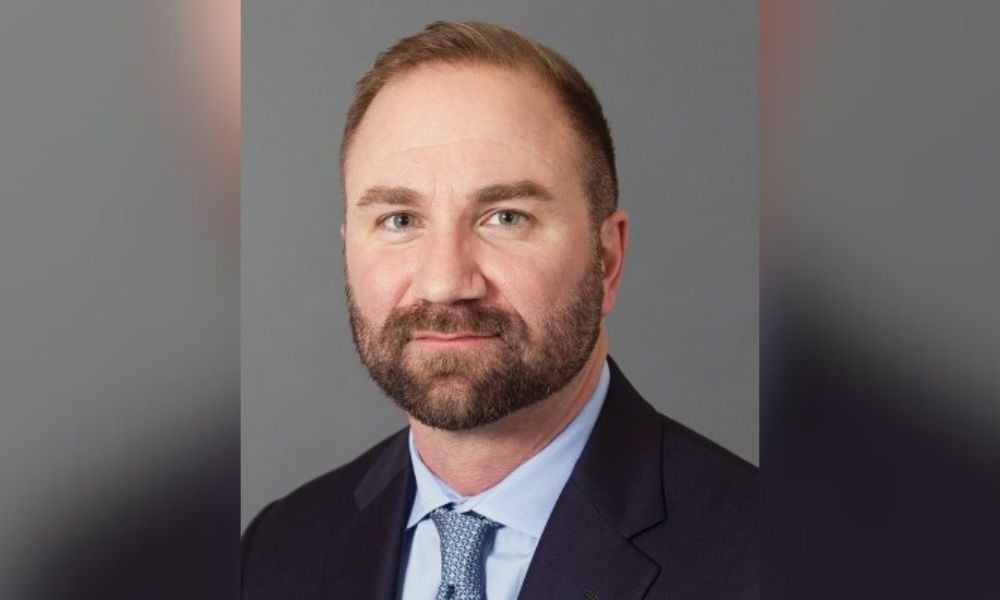
'More meaty and robust' approach by courts means changes for HR, says employment lawyer

In the wake of a Supreme Court decision making it easier for employees to obtain religious accommodation in the workplace, employers should consider updating training to include the new standard, according to a legal expert.
The June 29 ruling clarified a 50-year-old decision about what constitutes an “undue hardship” for an employer to grant religious accommodation. The previous standard of “de minimis cost” (minimal or lacking significance or importance) was an easier one for an employer to meet.
Often, an employer would not make a religious accommodation even if it was “just a bit of a burden,” says Koray J. Bulut, partner at Goodwin Procter in San Francisco.
Now, an employer must show “that the burden of granting an accommodation would result in substantial increased costs in relation to the conduct of its particular business,” wrote Justice Samuel Alito in the unanimous opinion.
In Groff v. DeJoy case, Gerald Groff, an Evangelical Christian believed that Sundays should be reserved for rest and worship, and sued the United States Postal Office under Title VII of the Civil Rights Act of 1964.
“The court is not adopting the [American Disability Act] definition… but has adopted something that's much more meaty and robust that will cause employers to have much more of a pause to determine: ‘Is there a cost or is there some kind of burden here? Is it rising to this new standard?’” says Bulut, who heads up Goodwin’s employment and labor practice in California.
Under the previous standard, it was clear that compromising the health of other employees in the workplace would cause undue hardship, he says.
“That's a more than de minimis standard,” Bulut says. “I think that probably still works under this new standard. I think it is still pretty clear that there's a burden and a substantial cost on an employer or other employees and the operations of the business.”
Can an employee refuse diversity training because of religious beliefs?
The Groff case has been sent back down to the third circuit, armed with the new standard. How this new standard will play out in the courts has yet to be seen.
According to Bulut, religious accommodation cases have been fairly rare, with the exception of recent cases related to vaccine mandates, in which employees requested exemption based on religious grounds.
However, employers are likely to see more requests for accommodation, he says. These could include: time off for religious observance, providing time and a location for prayer, allowing religious attire in the workplace, and schedule changes.
“In certain areas of the country, if you've got a large portion of your workforce saying, ‘No, I don't work on Sundays’ but the business is required to be open on a Sunday, and you've got employees who do not observe this Sabbath on Sundays saying, ‘I'm going to quit if you schedule me for each and every Sunday’ — it’s going to become much more problematic,” says Bulut.
“For large retailers, for example, I could see this being a snarl.”
New legislation ensuring that employers will provide necessary accommodations for pregnant workers is now in effect in the U.S.
In the meantime, HR professionals and anyone else who is analyzing and approving accommodation requests should be trained on the new standard.
“Even if people are not using the magic word ‘accommodation’ — if they're saying, ‘Hey, you scheduled me on a Sunday, I really can't do that, that's the day I observe the Sabbath’ — a manager should be aware enough to know to call HR and work this through.”
Bulut suggests companies update their equal employment opportunity (EEO) to include requests for religious accommodation.
“Companies may have only policies right now that deal with accommodations and under the ADA,” he says.
He notes employers should also be aware of a potential, unintended consequence of the new standard.
“Employers and companies should start thinking about how [they] are going to message this and deal with potential toxicity in the workplace when other employees are asked to work increasingly more weekend shifts (or are asked to volunteer) and someone else gets to have Saturday or Sunday off,” he says.
“It is going to be all the more important to reinforce the need to be inclusive.”